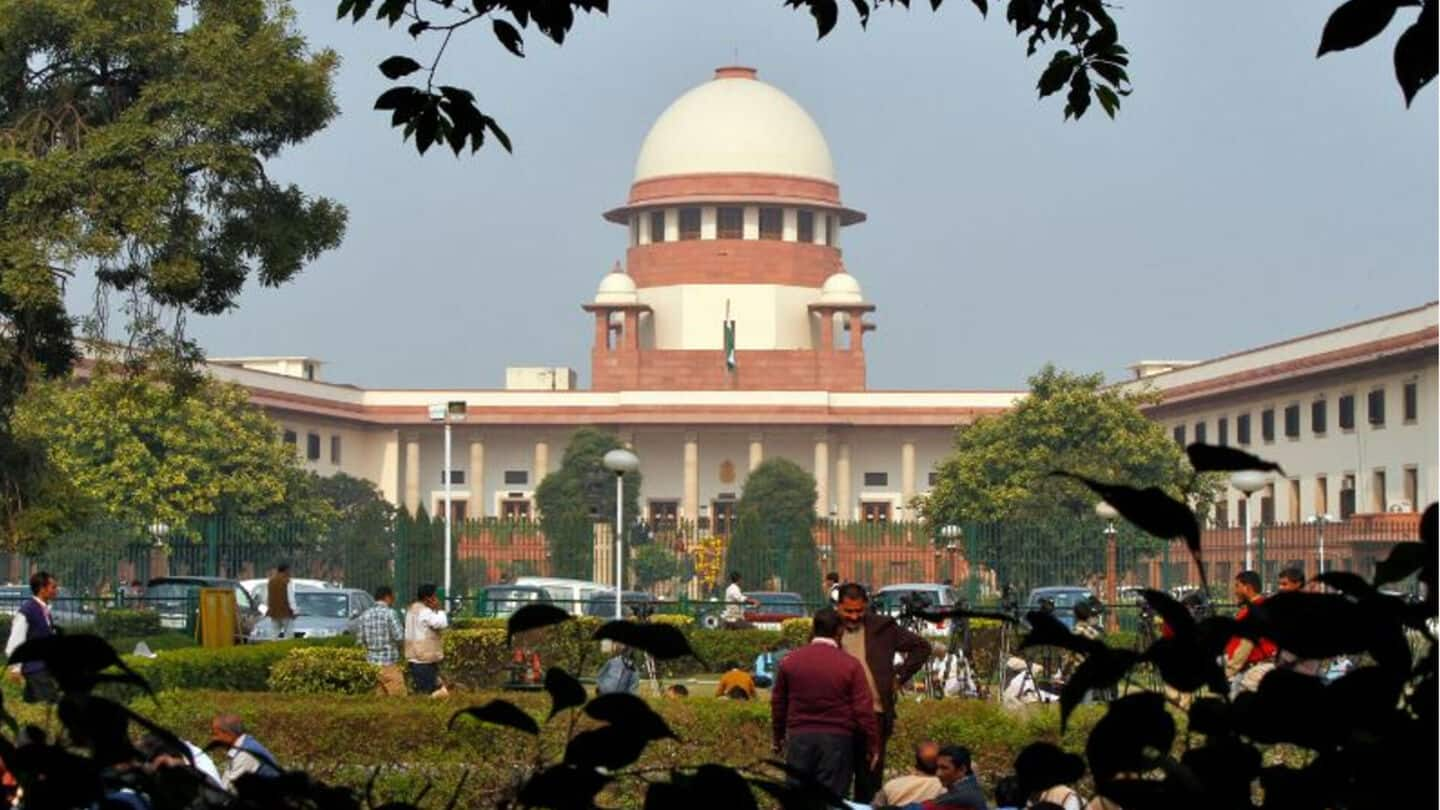
'Complete breakdown of rule of law': SC slams UP cops
What's the story
The Supreme Court has taken exception to the increasing practice of Uttar Pradesh Police turning civil disputes into criminal cases. The apex court termed the practice a "complete breakdown of the rule of law." Given these issues, Chief Justice Sanjiv Khanna and Justices Sanjay Kumar and KV Viswanathan have sought an explanation from the director general of police and the investigating officer about their actions in such cases.
Judicial reprimand
Supreme Court's warning to UP police
The SC has also cautioned that costs would be levied on UP if the trend continues. It has directed the DGP, UP, to file an affidavit explaining the measures taken to implement its directions in a previous matter. This case reiterated that investigating officers have to ensure that their chargesheets have clear and complete entries.
Judicial observation
Chief Justice's remarks on civil cases
Noting that the criminal case was fundamentally about a civil transaction, the CJI chastised the UP Police for the habit of wrongly transforming civil disputes into criminal ones. He said summoning orders were legally erroneous as no offense can be committed for not returning a due sum of money. "This is wrong! What is happening in UP? Everyday civil suits are being converted to criminal cases. That's not correct! That's breakdown of [the] rule of law completely!" he said.
Legal clarification
Supreme Court's stance on civil and criminal law
"We will direct the IO to come to the witness box....and make out a criminal case...this is not the way you file chargesheets," the CJI said. The bench further asked, "Just because civil cases take long, will you file an FIR and set the criminal law in motion?" The top court instructed the IO of the concerned police station at Sector-39 in Noida to appear in the trial court as a witness and justify the FIR filed in the case.
FIR
Bench was hearing a plea to quash an FIR
The bench was considering a motion to quash an FIR filed against the petitioner, who was accused of criminal breach of trust, criminal intimidation, and criminal conspiracy. In addition to the charges listed above, the petitioner was facing proceedings for cheque dishonor under Section 138 of the NI Act for allegedly failing to repay specified sums of money to the complainants.